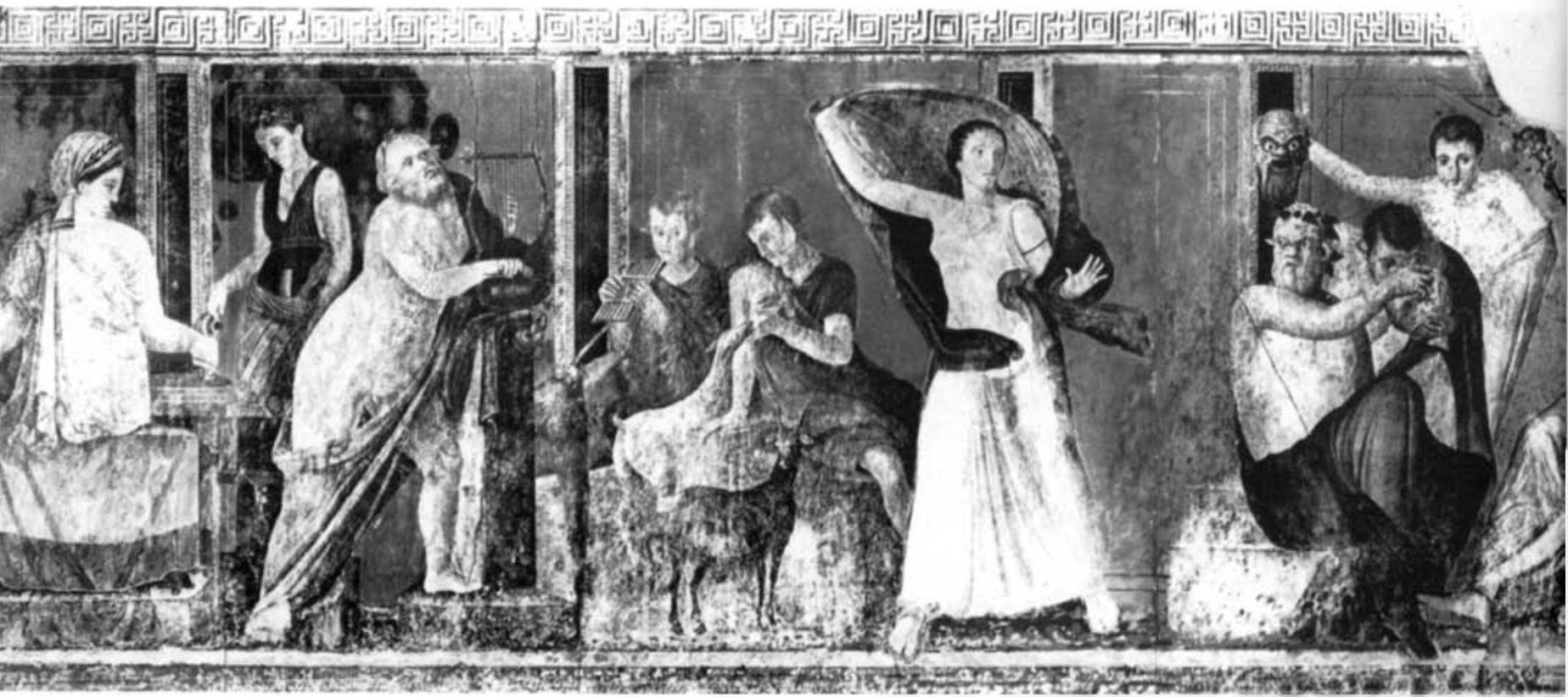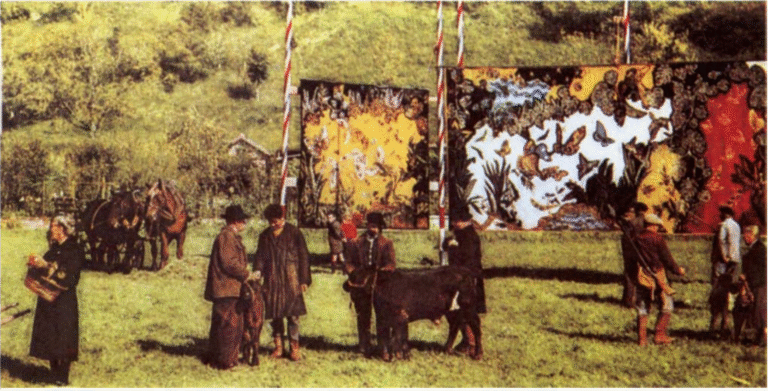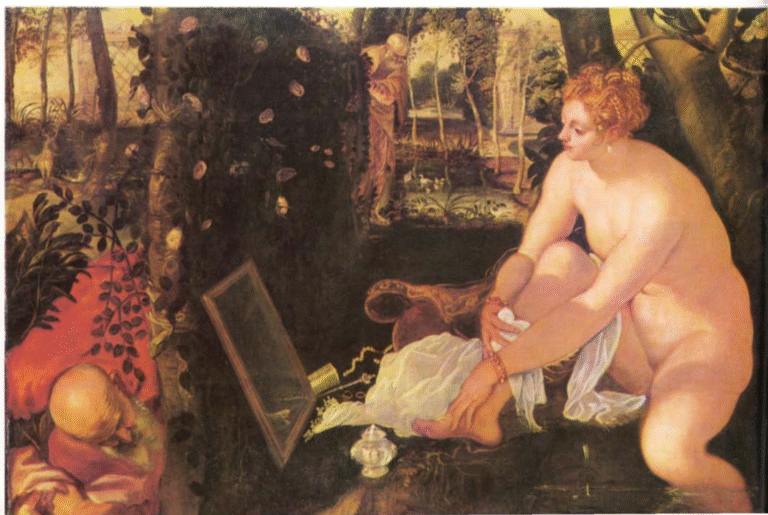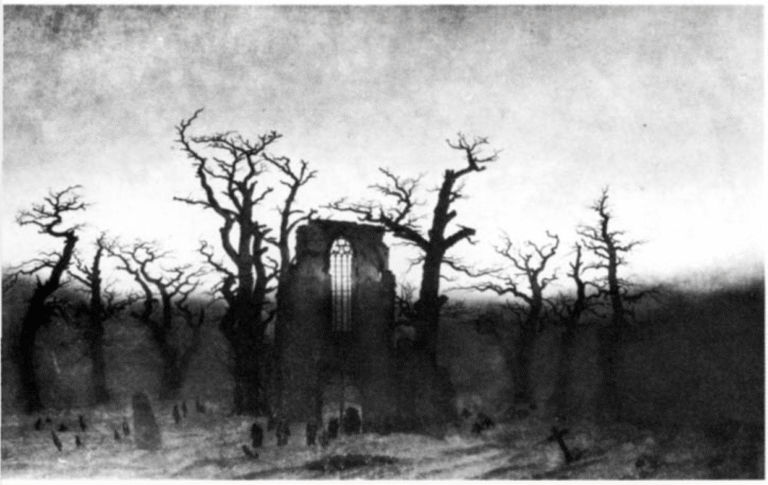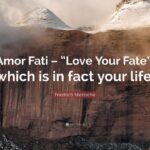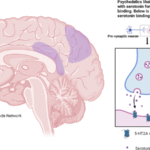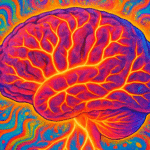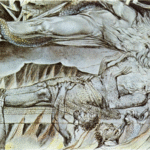Each one of us at a certain point in our lives has stood at a point where life feels too complicated or too tangled that standing still feels like a safer option than moving forward in life. At some point in our professional career or our social relationships, life feels like too much to handle. We analyse numerous scenarios weighing in all our options, formulating the hypothetical goods and bads of our decision surrounding our circumstances. We feel trapped in our heads, trying to come up with a solution, but the anxiety surrounding it is too complex to handle.
The decision might unravel a totally different path for us, and the laziness spurring any decision-making surrounding this decision, playing around in our heads, trying to weigh in on what will be lost if we choose one route over the other, is the price we pay for our freedom in our lives.
“Anxiety is the dizziness of freedom.”
Søren Kierkegaard, the 19th-century philosopher who became the father of existentialism, explains that the anxiety that surrounds us in our decision-making process is not something to be cured but serves as a mirror- showing us all the possibilities and the freedom surrounding our existence really means. It may feel as if we are standing on the edge of a cliff- one decision could make us fly or fall. This indecisiveness and the dizziness we feel surrounding the choices in our lives is the anxiety of existence that everyone feels.
The Dizziness of Being Free
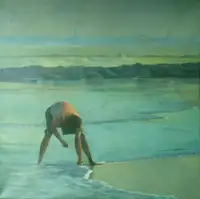
At the time when Kierkegaard lived in Europe, the set of guidelines by the church provided a template for human identity in society,y- providing faith, profession, marriage and almost all other aspects of life. He argued that behind the curtains of this set Christian order, there remains a silent terror which people experience at some point in their lives. Kierkegaard wrote that when that anxiety appears is when we truly wake up- when someone is faced with a tough decision which could potentially affect their entire life, is when we truly wake up and experience true freedom.
He believed that this freedom is both a gift and a burden. We have the freedom of choosing a path, but the anxiety surrounding the choice is the price we pay for that freedom.
Even in today’s world, the same istruer;e, this burden of freedom hasn’t changed but morphed into a bigger anxiety even in the smallest of tasks. The infinite set of options in our careers, relationships and our lifestyles brings about infinite possibilities of choices and a greater sense of freedom in our lives. But this comes at a hefty cost: freedom without direction can feel like floating without ground. We scroll through possibilities, paralysed by choice. We want to be everything, so we end up being nothing.
The Leap
Kierkegaard calls for a “leap of faith” in our decision-making, the hypothesis that sometimes we have to believe in ourselves and our capabilities to make a decision. The leap of faith in our judgment can help us commit to our lives despite its very uncertainties. Reason can guide us, but it cannot carry us across the abyss of doubt. Only a leap can do that. We have to first believe in our decision-making before accepting it to play out in real life.
To live authentically, we must leap into decisions we can’t rationalise completely.
Love someone even though they could hurt us.
Create something that might fail.
Begin again, even when we have no guarantee it will work.
The leap in faith is an important part of our true expression of freedom and gives a sense of depth in our lives. The anxiety surrounding our decisions, the many scenarios we play in our heads, the numerous possibilities and the endless outcomes through that decision enrich our experiences in our lives. These situations drive our lives in the chaotic world, without which we would be mere spectators of our very own existence.
The Psychology of Faith
Modern existential psychologists — Viktor Frankl, Rollo May, Irvin Yalom — built on Kierkegaard’s insight. They hypothesised that this process of anxiety-driven decision-making brings out endless potential in our existence. The fear of failure, rejection and change is something our psyche has developed as a mechanism for survival through evolution, and to avoid this, it exerts anxiety in this decision-making phenomenon.
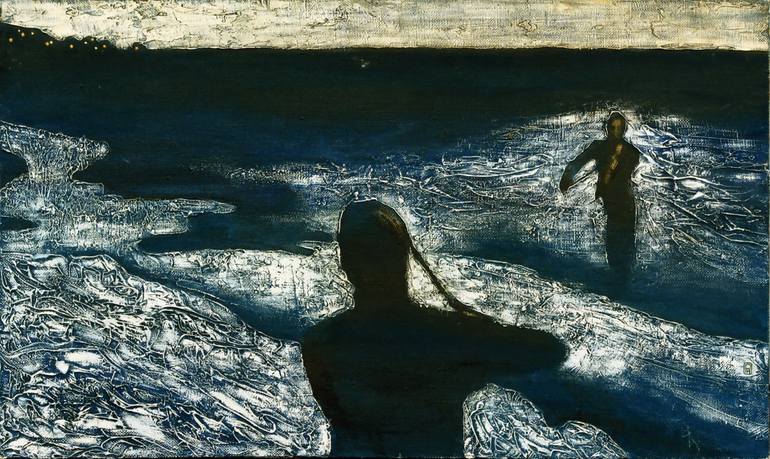
The cure is not to eliminate anxiety but to transform it.
To see it as a sign that something real is at stake.
Therapy today often helps people build what Kierkegaard called “passionate commitment”, which promotes living with the uncertainties of the decision-making process rather than fearing this process. Modern psychologists have often promoted the leap of faith in the decision-making process to express the true nature of the psyche and express the true sense of freedom in our existence. The roots of modern psychology are deeply rooted in the acceptance of our anxiety and giving courage to back their decision-making processes and guide them through their self-doubt in order to overcome them and live with the freedom of expression.
Maybe anxiety isn’t a flaw to fix — maybe it’s the soul’s way of telling us we’re standing before something sacred.
When you feel that dizzying sense of possibility, pause.
You are not lost. You are alive.
“To dare is to lose one’s footing momentarily.
Not to dare is to lose oneself.” – Søren Kierkegaard
Reflection
In our daily life, we experience this anxiety in our decision-making processes ever more in the postmodern era, with the huge variety of options available to us. But this anxiety is a result of our evolution, which served as an important mechanism of existence. What we need to encourage is the leap of faith we need in our decision-making to take small steps towards a bigger goal to satisfy our souls towards bigger decisions in our lives.

